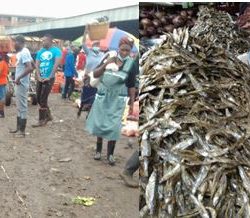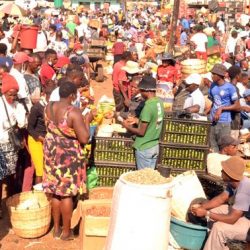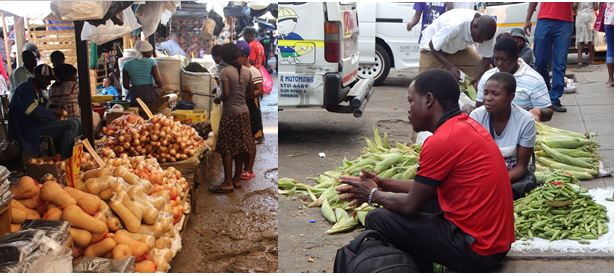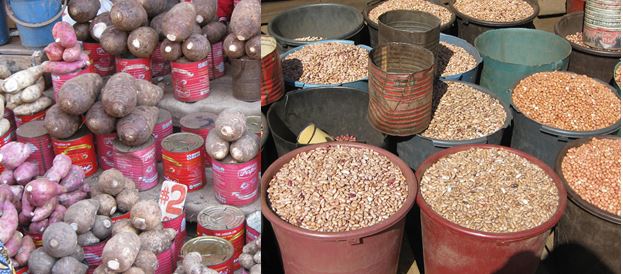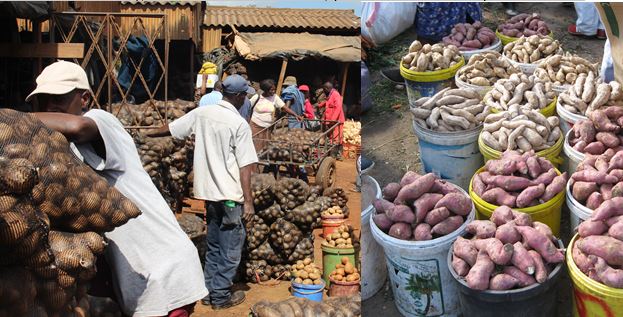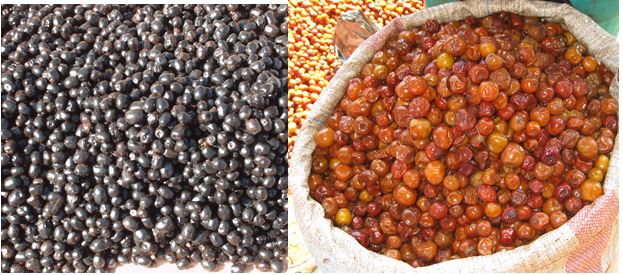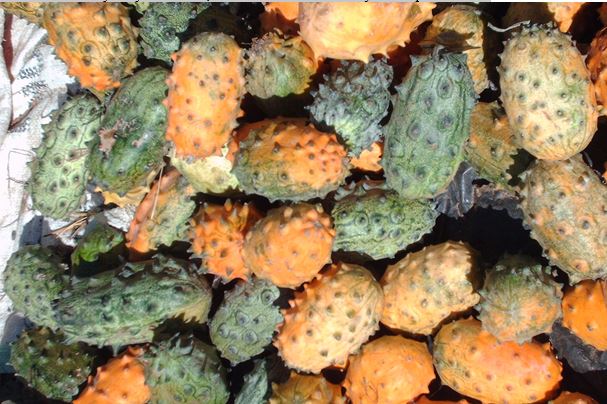How far can consortiums deliver food security in developing countries?
How far can consortiums deliver food security in developing countries? The past few years have seen development agencies working in African agriculture and food systems coming together to work as consortiums or consortia. Consortium is a Latin word meaning partnership. Wikipedia defines consortium as an association of two or more individuals, companies, organizations or governments Read more about How far can consortiums deliver food security in developing countries?[…]

